We usually think of preppers as country dwellers, but actually, city prepping could be even more essential should the need for survival skills really kick in. If you live in an apartment, you probably lack space, but there are many situations you can prepare for should the need ever occur.
Indeed, urban dwelling is dominated by larger populations per square foot, so the demand for emergency supplies are higher. Natural disasters such as floods, earthquakes, and storms are likely to strand you temporarily, so make sure you’re prepared with survival items that are going to count in an emergency.
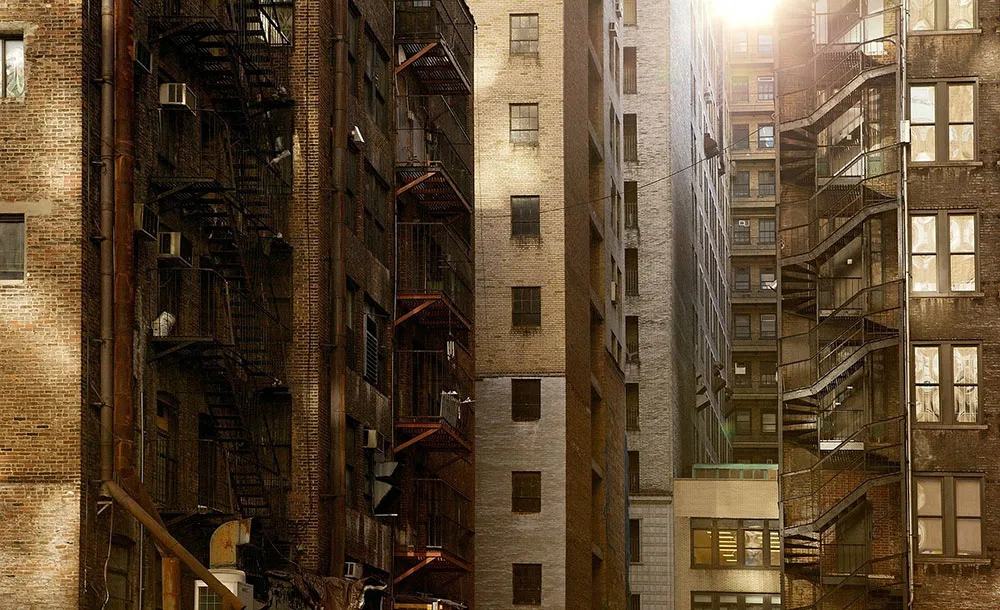
Todd Quackenbush, CC0, via Wikimedia Commons
{This post contains affiliate links, which means we may earn a small commission if you choose to make a purchase through the link, at no extra cost to you. See the disclosure here.}
Here are our 20 Tips for the Apartment Prepper:
1. Get yourself a five-gallon plastic bucket with a lid
The lid is the essential element here because it means that your bucket could serve as a dry storage container or even an emergency toilet.
A bucket is a prepper list essential, with hundreds of uses that could save your skin.
2. Stockpile batteries, toilet paper, and paper towels
Batteries go out of date, so keep a regular check. Store them in your bucket.
Rolls of toilet paper can be compressed to save storage space. Press the rounded roll flat – it won’t affect the paper. If you need to evacuate your premises in a hurry, toilet paper could be a lifesaver – make sure you have some in your EDC (every day carry) kit.
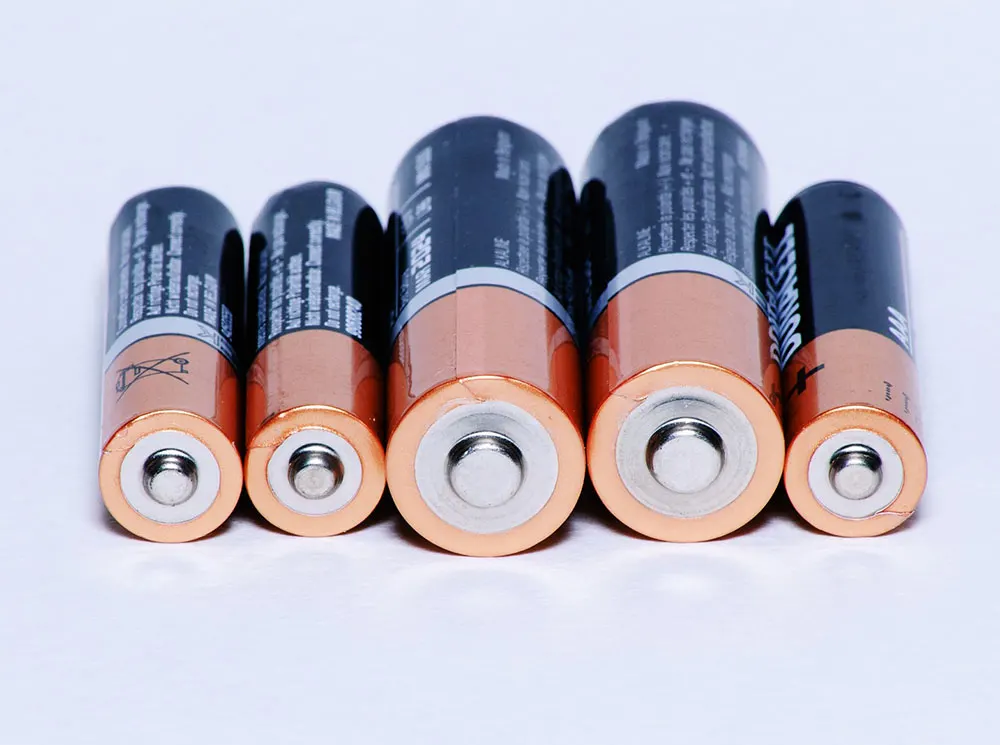
3. Store a backpacking stove
A lightweight stove is essential for a prepper’s list but is absolutely no use without fuel. Store propane canisters along with your stove, although denatured alcohol might be more accessible when the rest of the town is desperate for propane.
Remember that backpacking stoves aren’t designed for indoor use and will produce carbon monoxide, which can be deadly. Always use a camping stove in a well-ventilated space – preferably next to an open window.
4. Collect and store non-perishable food
Store a three-day supply of dehydrated food for each person in your family. Periodically check the dates on the packages, but they’re generally good for 10 to 15 years. Find dried food that only requires water, and packets that require minimal simmering to conserve your precious fuel.
Cans take up much more space than dehydrated foods but have an amazingly long shelf-life. Keep a good supply of canned vegetables to supplement your diet in an emergency.
Stockpile food with a high-calorie count: baked beans, cans of chili, condensed soups, powdered milk. Think about storage space and pack every inch of available space with as many calories as you can.
Stock foods that don’t require cooking, such as canned fish. This way you won’t go hungry if you don’t have pots and pans or a heating device available.
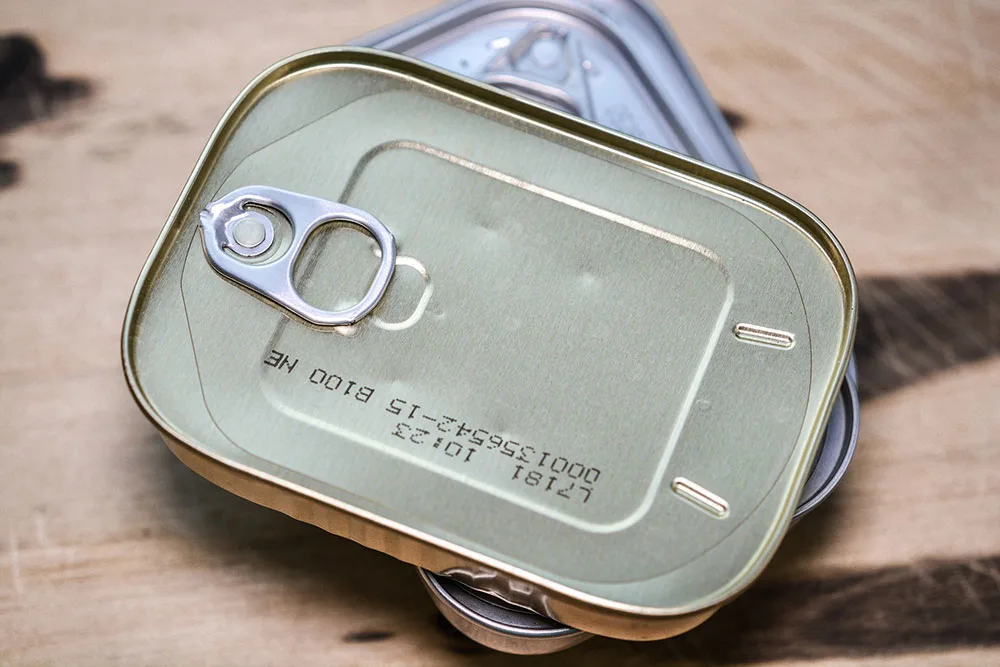
5. Hoard alternative power sources
No EDC kit is complete without a crank charger. You can purchase a crank (or wind-up) charger inexpensively – if the grid goes down, everybody’s going to need to charge their cell phones. Don’t queue up and pay through the nose at a local store to charge your phone – do it manually.
A crank flashlight is essential. Your batteries won’t last forever, after all.
Consider stocking solar-charged lights, panels, and generators.
6. Stockpile plenty of candles
If electricity becomes scarce, you’ll need to conserve it, especially during the winter months when it gets dark earlier. Stockpile candles and keep them in your bucket. Glass hurricane lamps can help protect your flame.
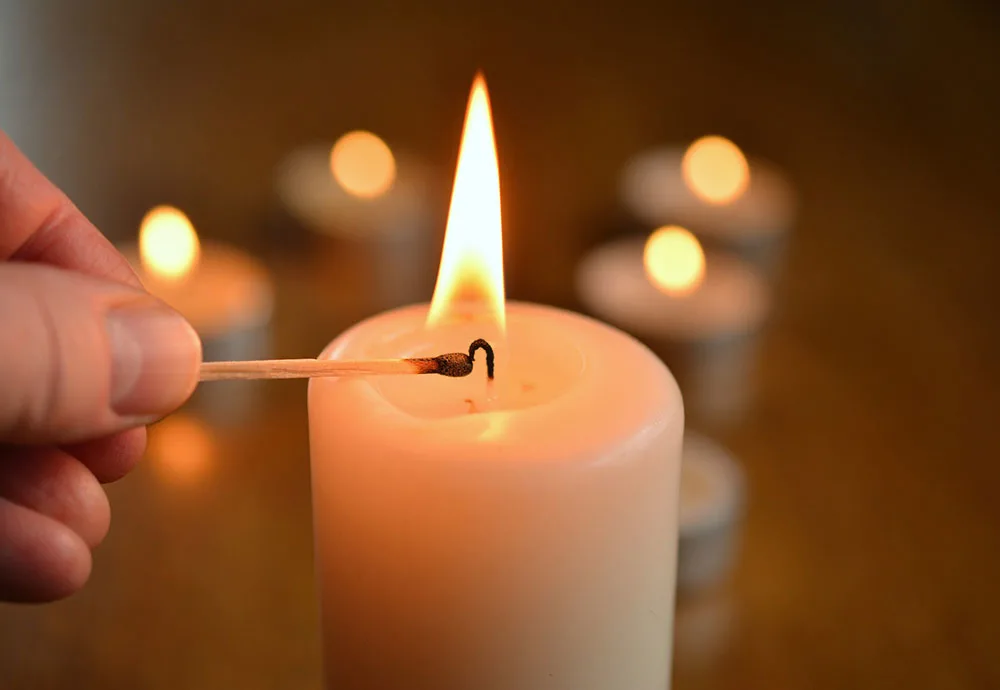
7. Get yourself a kerosene lamp
Consider storing emergency kerosene or oil lamps. And don’t forget the fuel.
8. Don’t forget the matches and lighters
A candle is pretty pointless without a flame, so keep a stockpile of general use – and waterproof – matches. A good supply of cigarette lighters with plenty of fuel is essential.
9. Buy yourself some decent water storage containers
It’s difficult to keep a permanent backup supply of water because it takes up so much space, but a small tank can be the difference between life and death. Make sure that you change the water regularly (and keep it out of the light) to prevent it from going stagnant.
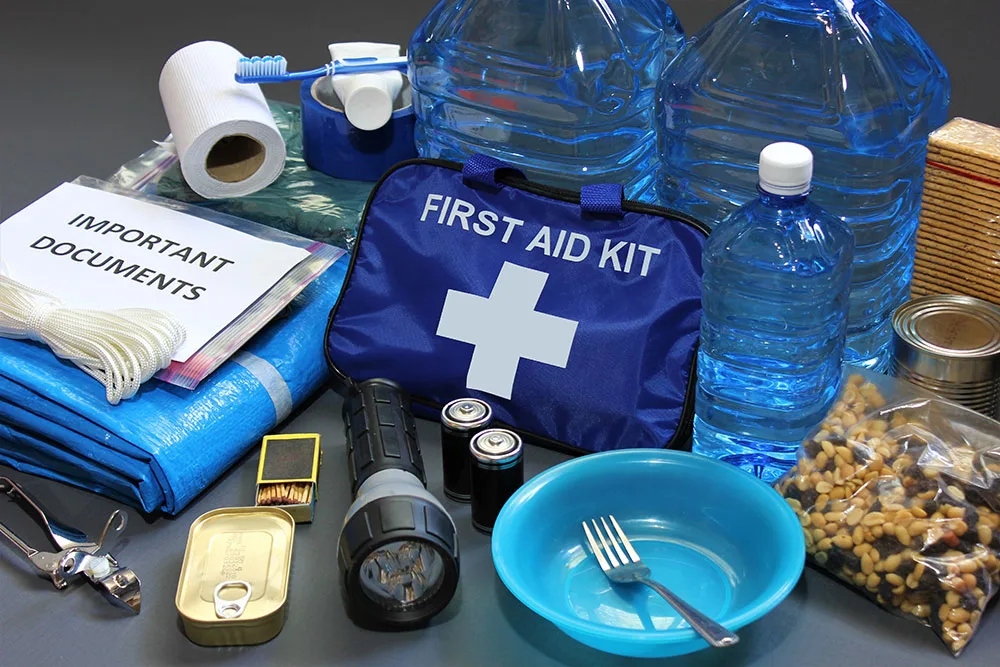
speedshutter Photography/Shutterstock
Collapsible water containers are a great idea; you can store them easily, and they’re reliable and compact. Account for a minimum of a gallon of drinking water per day for each person.
10. Never be without a water filter
If the power goes down, your water quality may suffer, so store some water purification tablets and drip filters. Of course, boiling your water is the best way to kill bugs, but it also uses up a lot of your valuable fuel.
11. Have a sleeping bag
When it’s cold, a sleeping bag can be more effective (and easier to store) than blankets. You’ll most likely have sheets handy anyway, but a sleeping bag is essential for your EDC kit if you need to evacuate in a hurry.
12. Make sure you never run out of duct tape
They always say that if you can’t fix it with duct tape, it can’t be fixed. Keep as many rolls as you can store, as well as large, plastic, weather-proof sheets to help you cover a broken window or partition a room.
13. Grow some herbs
Herbs grow easily on a windowsill and make mealtimes much more palatable if you’re surviving on a diet of dehydrated foodstuffs and canned food. Herbs can also be used to keep away pests.
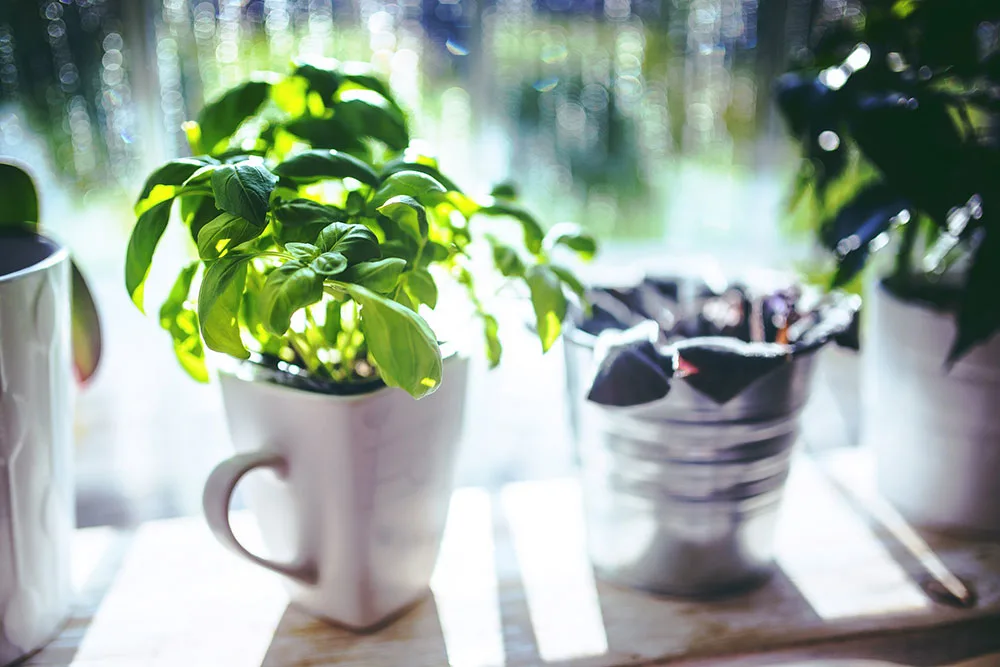
14. Get yourself a toolkit
All homes should have a toolbox. Screwdrivers, hammers, nails, and screws could save your life.
15. Check your security
In an emergency situation, you should ensure that your property is secure. Get extra locks on windows and doors, making your home as difficult for unwanted guests to enter as possible.
16. Have a fire plan
Have a routine that you know well because in the case of a fire, panic can blind you. Let everyone in the apartment know about the fire-escape plan so that you can help each other when needed.
17. Gather a supply of fire blankets and extinguishers
Don’t just have a single extinguisher in your apartment – you never know where the fire might occur. Store extinguishers and fire blankets close to entrances and appliances that may accidentally combust.
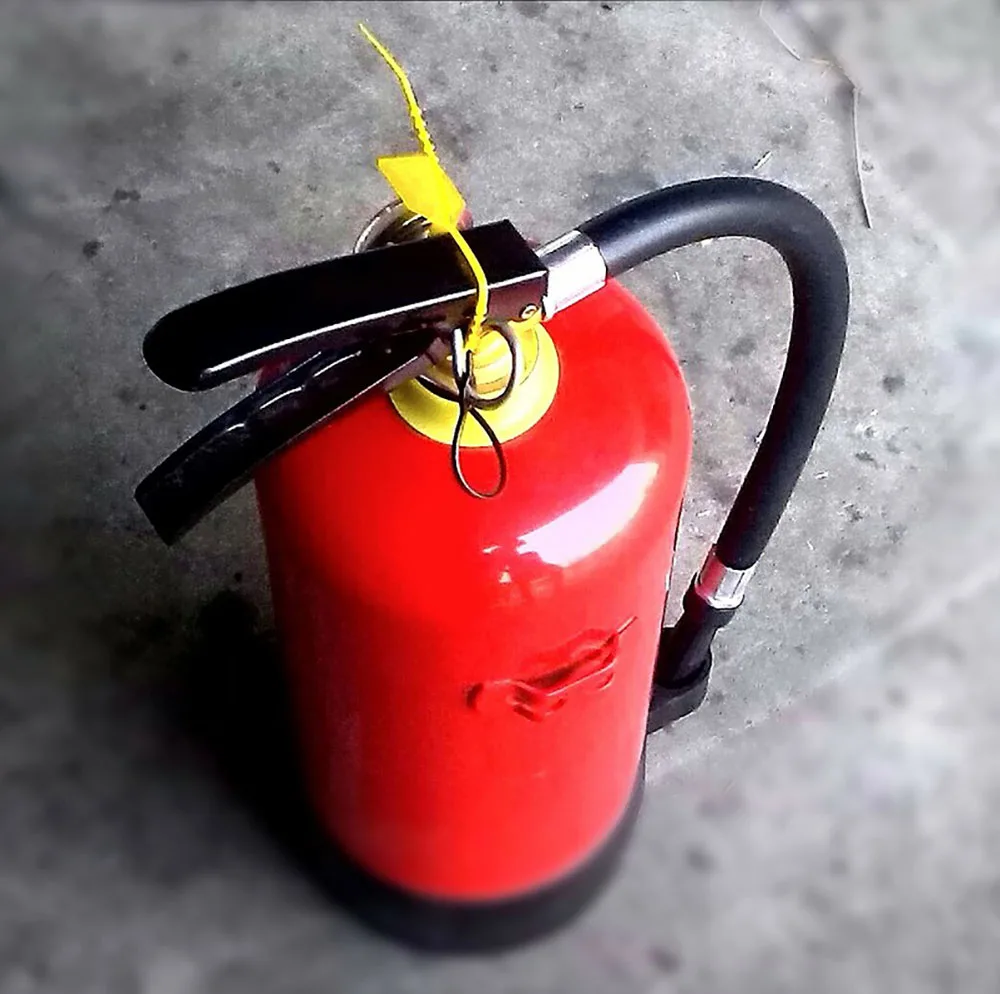
18. Have an escape plan for windows
You might live high up, but that doesn’t mean you should discount the windows as a viable route for escape. A building escape backpack could save your life.
19. Loose tongues cost lives!
This doesn’t sound too charitable, but if you’ve stocked your supplies for you and your fellow householders, don’t advertise the fact that you’re prepared for any eventuality. Even if you don’t mind sharing, it might still be a good idea to keep it to yourself. You never know who your friends might mention your supplies to.
20. Consider a double front door
Adding a second front door helps with sound insulation but can also help to boost the security of your apartment. A secondary front door significantly slows down an intruder.
21. Don’t forget your pets
Your pets still require feeding in an emergency, so make sure there’s a supply for them as well. Dry food lasts longer than wet food, and it’s more compact.

So, there you have it – 20 Tips for the Apartment Prepper. Let’s hope you’ll never need to use your preparedness supplies, but it’s always to prepare for any scenario.
***
Aaron Green is the owner, editor, and chief content writer at Essential Home and Garden.


Ray
Monday 4th of June 2018
Dear sir or madam . In lots of pictures I've seen about prepping, they show neatly packed shelves of storage jars , which must have taken hours if not days to prepare. The oblivious problem I see yet not noticed, there is nothing to prevent them from falling off the shelf in the event of an earthquake or nearby explosion! The same could be said for storage of cans , although they are not liable to breakage falling on you from a height should you happen to in the storage room at the time. This could save a lot of precious food and potential injury's. I hope this might be a helpful tip. All the best ray from UK.